On behalf of Sida, SMHI will carry out nine international education programmes for different parts of Africa in the field of "Climate Change - Mitigation and Adaptation". A total of 250 decision-makers will participate in these training programmes over the next six years.
"The programme is broad in concept and is scheduled for just over six months. It includes everything from the latest climate research to how communities can adapt and prevent crises. There is a special focus on water resources and agriculture," says Eleonor Marmefelt, Head of SMHI Capacity Development.
"Our goal is to empower individuals and their organisations, but also to support development of regional cooperation between different players.
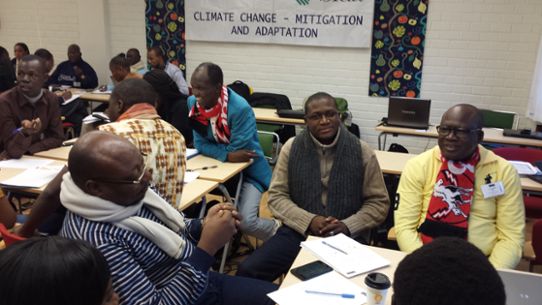
Between Africa and Norrköping
Every programme consists of three parts: the start-up and concluding meetings will be in Africa and a three-week training programme will be held at SMHI in Norrköping.
"Two programmes have been held this autumn for 60 officials. Participants are working at different levels in various authorities such as water and environmental management, risk management, and agriculture. Others come from the business sector and non-profit organizations," says Tharcisse Ndayizigiye, who is the project manager for the West African Training Programme at SMHI.
"The programmes are very rewarding, both for the participants and for us at SMHI," Mr. Ndayizigiye continues. The people that recently returned to their countries were very dedicated and knowledgeable in the field of climate adaptation, and they are now planning continued regional collaboration in West Africa.
The concluding weeks of seminars will be held in East Africa and West Africa in May. At that stage, "information carriers" such as teachers, agricultural advisers, health staff and women's organisations will be invited to shorter, intensive Training Programmes.
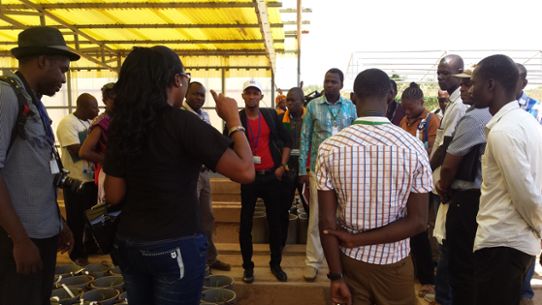
Three opinions on the programmes
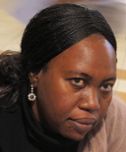
Mrs. Semega Diakité Hawa from Mali is a sociologist and operations coordinator at the organisation Appui aux Initiatives de la Femme.
"I am the contact for a number of organisations that focus on women. We try to make society less vulnerable to the climate, and we have a constant battle against drought. I now feel better equipped to deal with the situation and have the tools to work more efficiently.
I have taken the initiative to arrange for us, the programme participants, to continue collaboration in our region, and we have started to discuss how we should proceed. Through SMHI, Sweden has invested a lot of funding in the Climate Change Training Programme, and I feel a large responsibility that we should use this knowledge and spread it further."
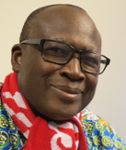
Mr. Luc Camara is an agronomist from Mali and director of the non-profit organisation Yiriwa Bulonba/Cerfadel.
"I am very glad to have had the opportunity of going on the programme. It has given me a better understanding of climate issues and terminology, and it will help me to communicate better with farmers, who are already being affected by climate change. The seasons have become unpredictable in our country and you can't control seasonal variations, which affect our food production, of course. We must work together to find a sustainable solution."
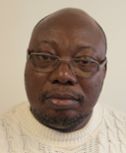
Mr. Poadiague Patrick from Burkina Faso is a pharmacist at the Centre Hospotalier Universitaire Yalgado Ouedraogo.
"It was a very useful programme, and in my project work I focused on the connection between climate issues and health.
Challenges from the climate are becoming more and more apparent. Actually, we already have climate information and a good climate policy, but sometimes the will and resources to implement measures are lacking. Collaboration between experts and politicians needs to be further improved for us to find wise solutions to new climate challenges."